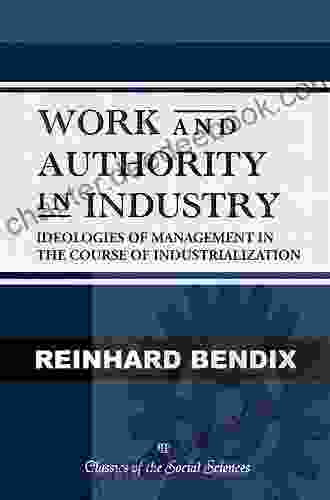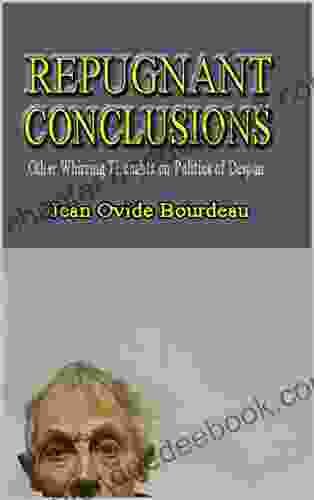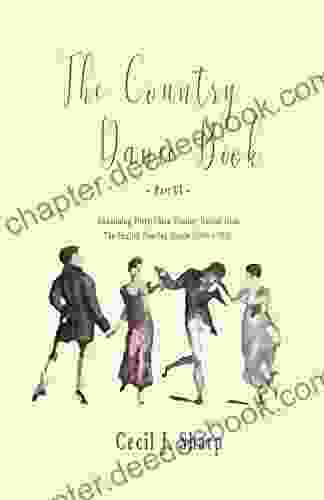Ideologies of Management in the Course of Industrialization: Classics of the History of Management Thought

The advent of industrialization in the late 19th century brought about a profound transformation of the workplace, giving rise to new challenges and opportunities for management. As factories replaced traditional craft workshops, the need for efficient and effective management practices became paramount. This period marked the emergence of distinct ideologies of management, each offering different perspectives on how to organize and manage work.
5 out of 5
| Language | : | English |
| File size | : | 1794 KB |
| Text-to-Speech | : | Enabled |
| Screen Reader | : | Supported |
| Enhanced typesetting | : | Enabled |
| Word Wise | : | Enabled |
| Print length | : | 523 pages |
| Lending | : | Enabled |
1. Scientific Management: The Legacy of Frederick Taylor

One of the most influential ideologies of this era was scientific management, pioneered by Frederick Winslow Taylor. Taylor believed that the key to increasing productivity lay in the scientific study of work processes. He advocated for a rigorous and systematic approach to management, breaking down tasks into their smallest components and analyzing them to identify inefficiencies. Taylor's ideas became synonymous with efficiency and standardization, and his principles continue to inform many management practices today.
2. The Human Relations Movement: Elton Mayo's Hawthorne Experiments
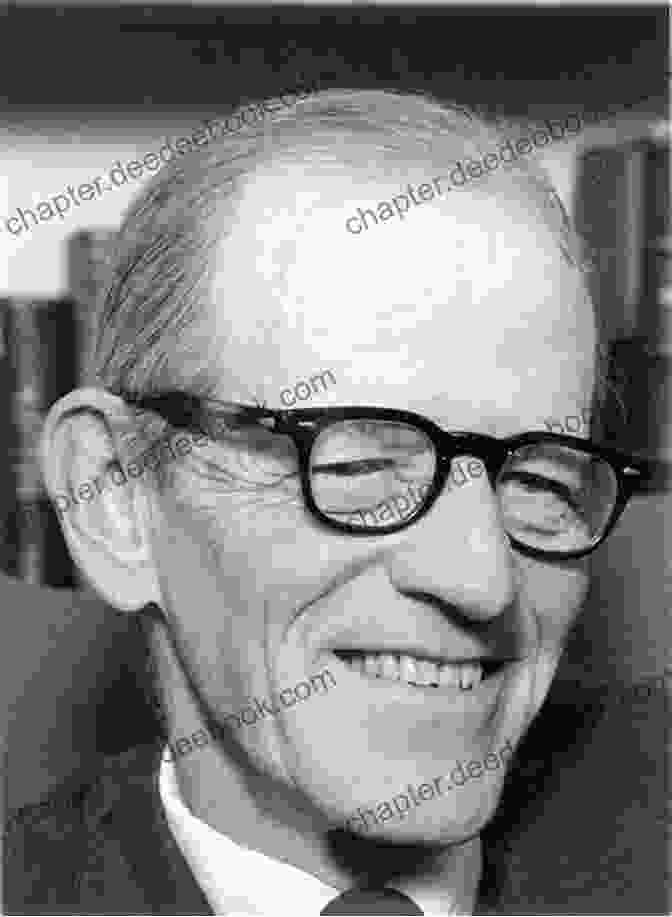
In contrast to Taylor's focus on efficiency, the human relations movement emerged as a response to growing concerns about the negative effects of industrialization on workers. Elton Mayo, one of the leading proponents of this movement, conducted a series of experiments at the Hawthorne Works of Western Electric Company in the 1920s and 1930s. Mayo's studies demonstrated that social and psychological factors, such as motivation, communication, and working conditions, had a significant impact on worker productivity. This research challenged the traditional view of workers as mere cogs in a machine and emphasized the importance of human relationships in the workplace.
3. The Bureaucratic Model: Max Weber's Rationalism
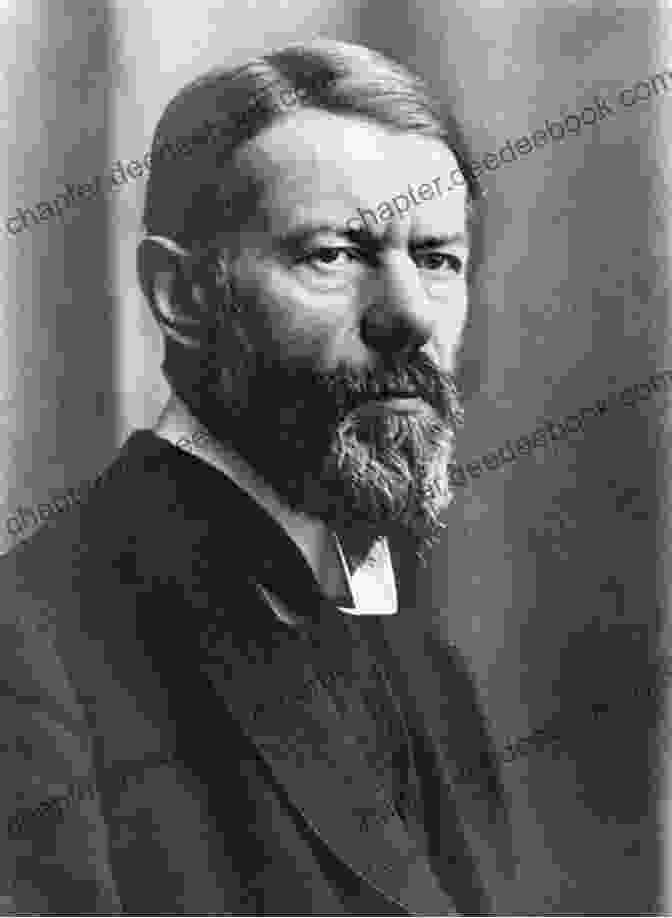
Another significant ideology of management that emerged during this period was the bureaucratic model, developed by Max Weber. Weber believed that organizations should be structured in a rational and hierarchical manner, with clear lines of authority and clearly defined roles and responsibilities. His model emphasized the importance of impersonality, objectivity, and efficiency in management. Weber's bureaucratic principles have had a lasting impact on the organization and administration of both public and private sector organizations.
4. The Administrative Management Theory: Henri Fayol's Functions of Management
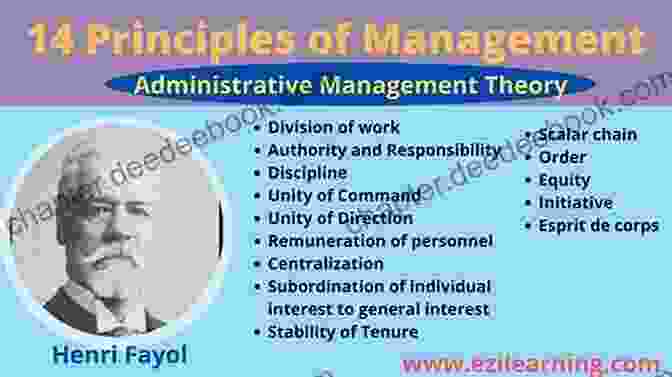
Henri Fayol, a French mining engineer, developed a comprehensive theory of management that focused on the roles and responsibilities of managers. He identified five primary functions of management: planning, organizing, commanding, coordinating, and controlling. Fayol's work emphasized the importance of sound management practices and the need for managers to possess a range of skills and knowledge. His theories have influenced generations of management practitioners and scholars alike.
5. The Total Quality Management Movement: Deming's 14 Points
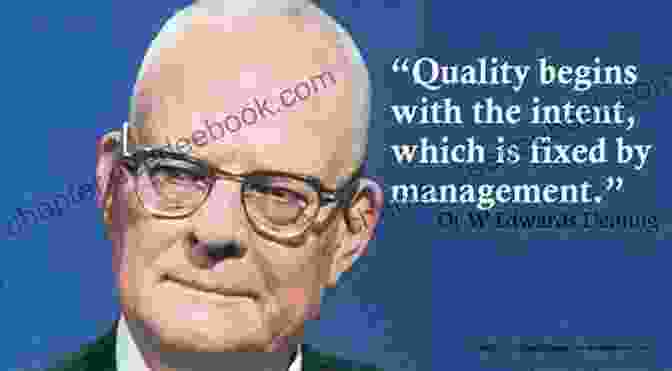
In the latter half of the 20th century, the total quality management (TQM) movement emerged as a response to the growing global competition and the need for organizations to improve quality and productivity. W. Edwards Deming, a renowned statistician and management consultant, played a pivotal role in popularizing TQM principles. Deming's 14 points for quality improvement emphasized the importance of customer focus, employee involvement, continuous improvement, and statistical process control. TQM has had a profound impact on manufacturing and service industries worldwide, helping organizations to achieve higher levels of quality, efficiency, and customer satisfaction.
The ideologies of management that emerged during the period of industrialization have had a profound and lasting impact on the practice of management. From the scientific management of Frederick Taylor to the human relations movement of Elton Mayo and the bureaucratic model of Max Weber, these classics of management thought have shaped the way we organize and manage work. Their principles continue to inform contemporary management theory and practice, and their insights remain essential for understanding the complexities of the modern workplace.
By studying the classics of management thought, we can gain a deeper understanding of the evolution of management practices and the challenges and opportunities that organizations have faced throughout history. This knowledge can help us to make informed decisions about how to manage our organizations in the 21st century and beyond.
5 out of 5
| Language | : | English |
| File size | : | 1794 KB |
| Text-to-Speech | : | Enabled |
| Screen Reader | : | Supported |
| Enhanced typesetting | : | Enabled |
| Word Wise | : | Enabled |
| Print length | : | 523 pages |
| Lending | : | Enabled |
Do you want to contribute by writing guest posts on this blog?
Please contact us and send us a resume of previous articles that you have written.
 Chapter
Chapter Text
Text Story
Story Genre
Genre Reader
Reader Library
Library Paperback
Paperback Magazine
Magazine Newspaper
Newspaper Shelf
Shelf Glossary
Glossary Preface
Preface Annotation
Annotation Manuscript
Manuscript Scroll
Scroll Codex
Codex Tome
Tome Bestseller
Bestseller Library card
Library card Narrative
Narrative Biography
Biography Autobiography
Autobiography Memoir
Memoir Encyclopedia
Encyclopedia Dictionary
Dictionary Narrator
Narrator Resolution
Resolution Catalog
Catalog Archives
Archives Study
Study Research
Research Lending
Lending Special Collections
Special Collections Interlibrary
Interlibrary Study Group
Study Group Thesis
Thesis Storytelling
Storytelling Reading List
Reading List Book Club
Book Club Textbooks
Textbooks Cecilia Minden
Cecilia Minden Ian Glasper
Ian Glasper Peter Duffy
Peter Duffy Leah E Daigle
Leah E Daigle Robert B Abrams
Robert B Abrams Landis Wade
Landis Wade Rajdeep Dua
Rajdeep Dua Vladimir Shveda
Vladimir Shveda Keith Bolender
Keith Bolender Peter F Drucker
Peter F Drucker Tanya L Saunders
Tanya L Saunders Gemma Kate Allred
Gemma Kate Allred Joe Biel
Joe Biel Jeff C Marshall
Jeff C Marshall Diane Eichenbaum
Diane Eichenbaum Janellea Macbeth
Janellea Macbeth Rivera Sun
Rivera Sun Jennifer Probst
Jennifer Probst Douglas Smith
Douglas Smith Konden Smith Hansen
Konden Smith Hansen
Light bulbAdvertise smarter! Our strategic ad space ensures maximum exposure. Reserve your spot today!

 Dominic SimmonsVermont Dog Purpose American Farm Dogs: A Comprehensive Guide to Loyal and...
Dominic SimmonsVermont Dog Purpose American Farm Dogs: A Comprehensive Guide to Loyal and... Aleksandr PushkinGreen Day Dookie Authentic Guitar Tab: A Comprehensive Guide to the Iconic...
Aleksandr PushkinGreen Day Dookie Authentic Guitar Tab: A Comprehensive Guide to the Iconic... Floyd RichardsonFollow ·2.3k
Floyd RichardsonFollow ·2.3k Carson BlairFollow ·11.2k
Carson BlairFollow ·11.2k Jesse BellFollow ·10k
Jesse BellFollow ·10k Gabriel MistralFollow ·7.2k
Gabriel MistralFollow ·7.2k Paulo CoelhoFollow ·9.2k
Paulo CoelhoFollow ·9.2k Miguel de CervantesFollow ·16k
Miguel de CervantesFollow ·16k Gavin MitchellFollow ·13k
Gavin MitchellFollow ·13k Felipe BlairFollow ·13.8k
Felipe BlairFollow ·13.8k

 F. Scott Fitzgerald
F. Scott FitzgeraldRobot Buddies: Search For Snowbot
In the realm of...

 Mario Vargas Llosa
Mario Vargas LlosaUnlocking Academic Success: A Comprehensive Guide to...
In the ever-challenging academic...

 Gabriel Blair
Gabriel BlairMake $000 Per Month Selling Your YouTube Freelancing...
Are you looking for a...
5 out of 5
| Language | : | English |
| File size | : | 1794 KB |
| Text-to-Speech | : | Enabled |
| Screen Reader | : | Supported |
| Enhanced typesetting | : | Enabled |
| Word Wise | : | Enabled |
| Print length | : | 523 pages |
| Lending | : | Enabled |


